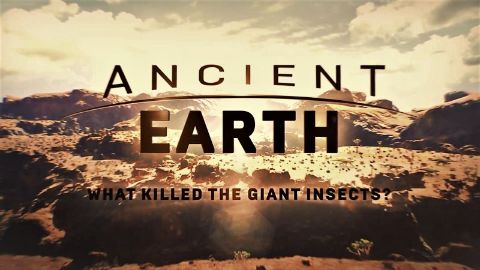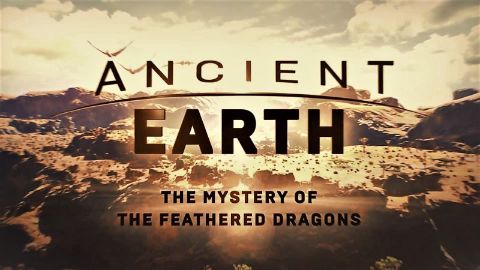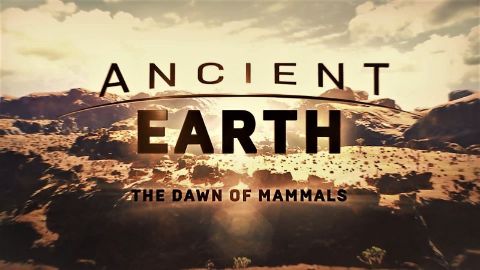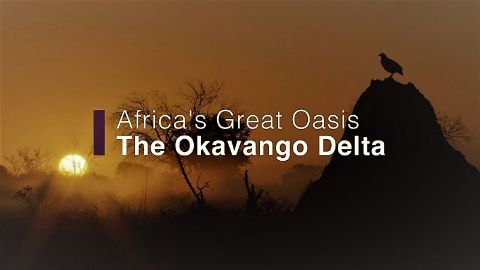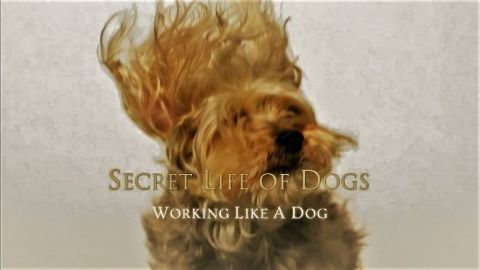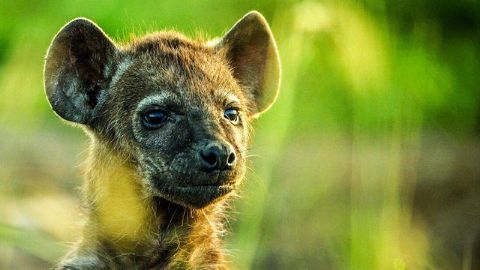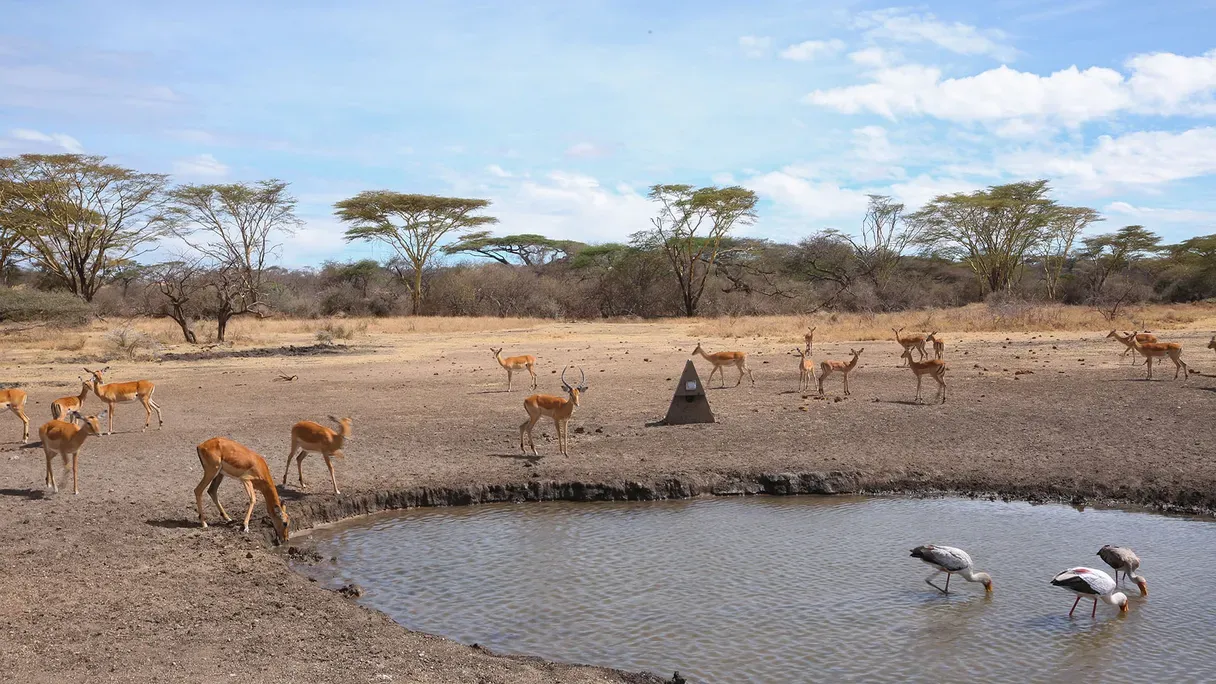Ancient Earth: Series 2 • 2018 • 3 episodes •
Giant insects once dominated the earth before the dinosaurs. Thanks to new technologies combining genetics, ethology, geology and even particle physics, paleontologists can now recreate the missing branches of the tree of life. Assumptions have been shattered and all the rules are changing.
2018 • Nature
Thanks to new technologies combining genetics, ethology, geology and even particle physics, paleontologists can now recreate the missing branches of the tree of life. Now, paleontologists can show that there were far more feathered dinosaurs than previously believed.
2018 • Nature
Thanks to new technologies combining genetics, ethology, geology and even particle physics, paleontologists can now recreate the missing branches of the tree of life. Because of this, it has been discovered that prehistoric mammals were more varied and numerous than previously thought.
2018 • Nature
